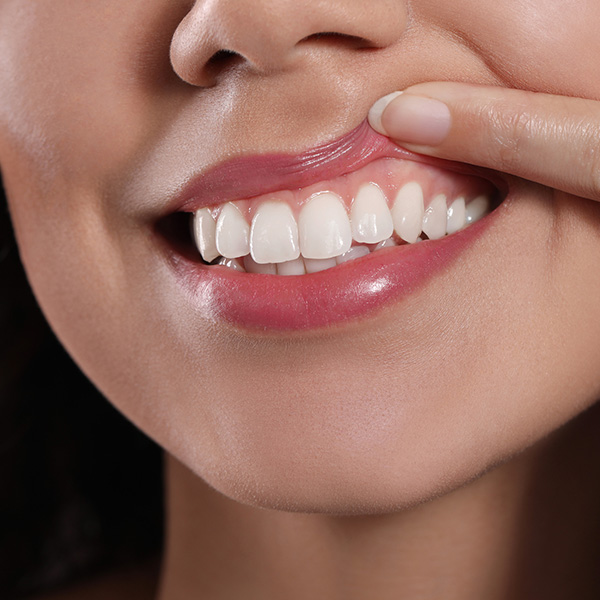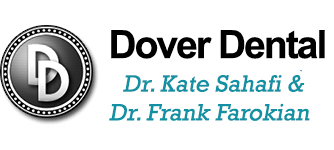Gum Therapy
What Is Periodontal Disease?
Periodontal disease is an infection of the tissues that support your teeth. Your gum tissue is not attached to the teeth as high as it may seem. There is a very shallow v-shaped crevice called a sulcus between the tooth and gums. Periodontal diseases attack just below the gum line in the sulcus, where they cause the attachment of the tooth and its supporting tissues to break down. As the tissues are damaged, the sulcus develops into a pocket: generally, the more severe the disease, the greater the depth of the pocket.
Periodontal diseases are classified according to the severity of the disease. The two major stages are gingivitis and periodontitis. Gingivitis is a milder and reversible form of periodontal disease that only affects the gums. Gingivitis may lead to more serious, destructive forms of periodontal disease called periodontitis.

How to Detect Periodontal Disease
It is possible to have periodontal disease and have no warning signs. That is one reason why regular dental checkups and periodontal examinations are very important. Treatment methods depend upon the type of disease and how far the condition has progressed. Good oral hygiene at home is essential to help keep periodontal disease from becoming more serious or recurring. You don’t have to lose teeth to periodontal disease. Brush, and clean between your teeth, eat a balanced diet, and schedule regular dental visits for a lifetime of healthy smiles.
Some factors increase the risk of developing periodontal disease: tobacco smoking or chewing, systemic diseases such as diabetes, bridges that no longer fit properly, crooked teeth, etc.
Several warning signs that can signal a problem: gums that bleed easily, red, swollen, tender gums, gums that have pulled away from the teeth, persistent bad breath or bad taste, permanent teeth that are loose or separating, any change in the way your teeth fit together when you bite, any change in the fit of partial dentures.
Please contact us to schedule a complimentary consultation with Dr. Kelk, our experienced periodontist.
